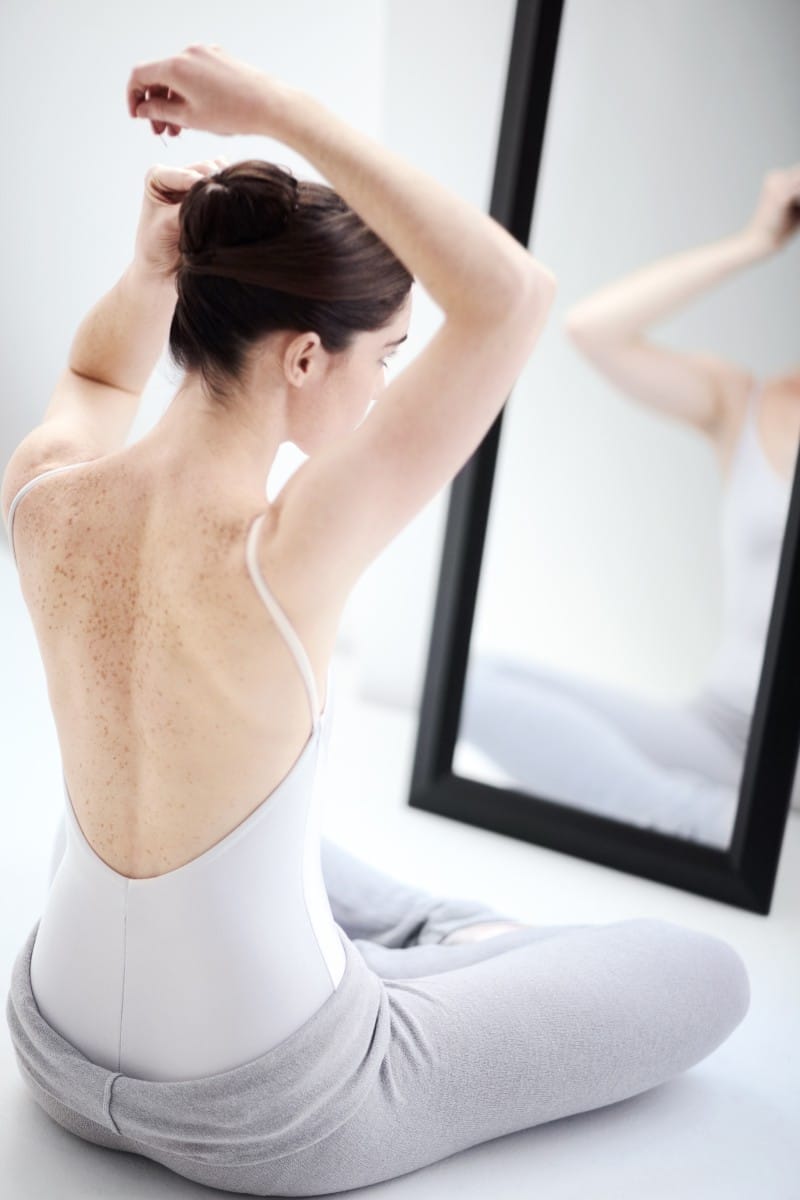Skincare, Trends & Opinions, Wellness
Best Methods for Combating Bacne
Bacne, or acne that appears on the back, is a common issue that many people struggle with. It can be frustrating and sometimes painful, but the good news is that there are several effective ways to manage and reduce it. This guide will explore the best methods for tackling bacne, ensuring you can find a routine that works for you.
One of the primary causes of bacne or ‘backne’ is the buildup of sweat and bacteria on the skin. Regularly cleansing your back, especially after workouts or sweating, can help prevent the formation of pimples. Using a gentle, antibacterial soap can be beneficial. It’s essential to avoid harsh scrubbing, as it can irritate the skin and worsen acne. Instead, use a soft cloth or a gentle back scrubber to clean the area thoroughly.
Choosing the Right Products
Selecting the right skincare products is crucial for managing bacne. Opt for non-comedogenic products, which are formulated to not clog pores. Ingredients like salicylic acid and benzoyl peroxide are particularly effective in treating acne. Salicylic acid helps to exfoliate the skin and unclog pores, while benzoyl peroxide kills bacteria that cause acne.
Incorporating these ingredients into your routine can make a significant difference. For instance, using a body wash with salicylic acid daily can help keep your pores clear. Follow up with a topical treatment containing benzoyl peroxide to target existing blemishes. Be patient, as it can take a few weeks to see noticeable improvements.
The Role of Diet and Hydration
What you eat can have a substantial impact on your skin health. A diet rich in processed foods, sugars, and dairy has been linked to an increase in acne. Conversely, incorporating more fruits, vegetables, and whole grains can improve your skin’s appearance. Foods high in antioxidants, like berries and leafy greens, can help fight inflammation and support overall skin health.
Hydration is another key factor. Drinking plenty of water helps to flush out toxins from your body, which can reduce the likelihood of breakouts. Aim to drink at least eight glasses of water a day. Herbal teas can also be a great addition, providing both hydration and additional skin benefits.
Keeping Your Skin Moisturized
Maintaining proper moisture levels is essential for healthy skin. Many people with bacne make the mistake of over-drying their skin, thinking it will reduce oil and breakouts. However, this can lead to irritation and more acne. Use a lightweight, non-comedogenic moisturizer to keep your skin hydrated without clogging pores.
Look for products containing ingredients like hyaluronic acid, which helps retain moisture in the skin. Applying moisturizer after showering can help lock in hydration. If your skin feels particularly dry, consider using a hydrating serum before your moisturizer.
Showering After Exercise
Sweat and bacteria from exercise can quickly clog pores, leading to bacne. Showering immediately after a workout can prevent this buildup. Use a gentle body wash with acne-fighting ingredients to cleanse your back thoroughly. Pay special attention to any areas prone to breakouts.
If you don’t have time for a full shower, at least change out of sweaty clothes and wipe down your back with cleansing wipes. This quick step can help reduce the risk of clogged pores and subsequent breakouts.

Avoiding Tight Clothing
Wearing tight clothing, especially during exercise, can trap sweat and bacteria against your skin. Opt for loose, breathable fabrics like cotton to allow your skin to breathe. This can help prevent the conditions that lead to bacne.
When choosing workout clothes, look for moisture-wicking materials. These fabrics are designed to draw sweat away from your skin, keeping you dry and reducing the likelihood of breakouts. Changing out of workout clothes as soon as possible is also crucial.
Stress Management
Stress is a known trigger for acne, including bacne. Finding effective ways to manage stress can have a positive impact on your skin. Practices like yoga, meditation, and deep-breathing exercises can help reduce stress levels.
Regular physical activity is another excellent way to manage stress. Exercise releases endorphins, which can improve your mood and reduce stress. Ensuring you get enough sleep each night is also important, as lack of sleep can exacerbate stress and acne.
Professional Treatments
If over-the-counter products and home remedies aren’t working, it might be time to seek professional help. Dermatologists can offer a range of treatments for bacne, from prescription medications to in-office procedures. Prescription topical treatments, like retinoids, can be more potent than over-the-counter options.
In some cases, oral medications, such as antibiotics or hormonal treatments, may be necessary. Dermatologists can also provide treatments like chemical peels or laser therapy, which can help reduce acne and improve skin texture. Always consult with a dermatologist to find the best treatment plan for your specific needs.
Keeping Your Bedding Clean
Dirty bedding can harbor sweat, bacteria, and dead skin cells, all of which can contribute to bacne. Changing your sheets and pillowcases regularly can help maintain a clean sleeping environment. Aim to wash your bedding at least once a week.
Using hypoallergenic laundry detergent can also be beneficial, as it reduces the risk of skin irritation. Consider using a mattress protector that can be washed frequently. This extra layer can help keep your mattress clean and reduce the buildup of acne-causing agents.
Exfoliating Regularly
Regular exfoliation can help remove dead skin cells that clog pores and lead to bacne. However, it’s important to exfoliate gently to avoid irritating the skin. Look for exfoliating products with mild ingredients like alpha-hydroxy acids (AHAs) or beta-hydroxy acids (BHAs).
Use an exfoliating body scrub or a chemical exfoliant once or twice a week. Avoid using physical exfoliants with large, rough particles, as these can cause micro-tears in the skin. Always follow up with a moisturizer to keep your skin hydrated.
Staying Consistent
Consistency is key when it comes to managing bacne. It can be tempting to try different products and methods frequently, but sticking to a routine gives your skin time to respond. Be patient and give new products at least a few weeks to show results.
Track your progress to see what works best for you. Note any changes in your skin and adjust your routine as needed. Consistency also applies to your diet and lifestyle habits. Maintaining a healthy diet, staying hydrated, and managing stress are ongoing efforts that contribute to clearer skin.
It’s worth noting that acne affects about 50 million people annually in the United States alone, according to the American Academy of Dermatology (AAD). This statistic highlights how common acne issues, including bacne, are, and underscores the importance of effective management strategies. For more information, visit AAD’s website.
Staying Positive
Dealing with bacne can be challenging, but it’s important to stay positive. Remember that many people experience this issue, and finding the right routine can make a significant difference. Celebrate small victories and improvements in your skin.
Support from friends, family, or online communities can also be beneficial. Sharing experiences and tips with others who understand what you’re going through can provide motivation and encouragement. Above all, be kind to yourself and recognize that managing bacne is a journey.
By following these methods, you can effectively combat bacne and improve your skin’s health. Each person’s skin is unique, so it may take some trial and error to find what works best for you. With patience and persistence, you can achieve clearer, healthier skin.




